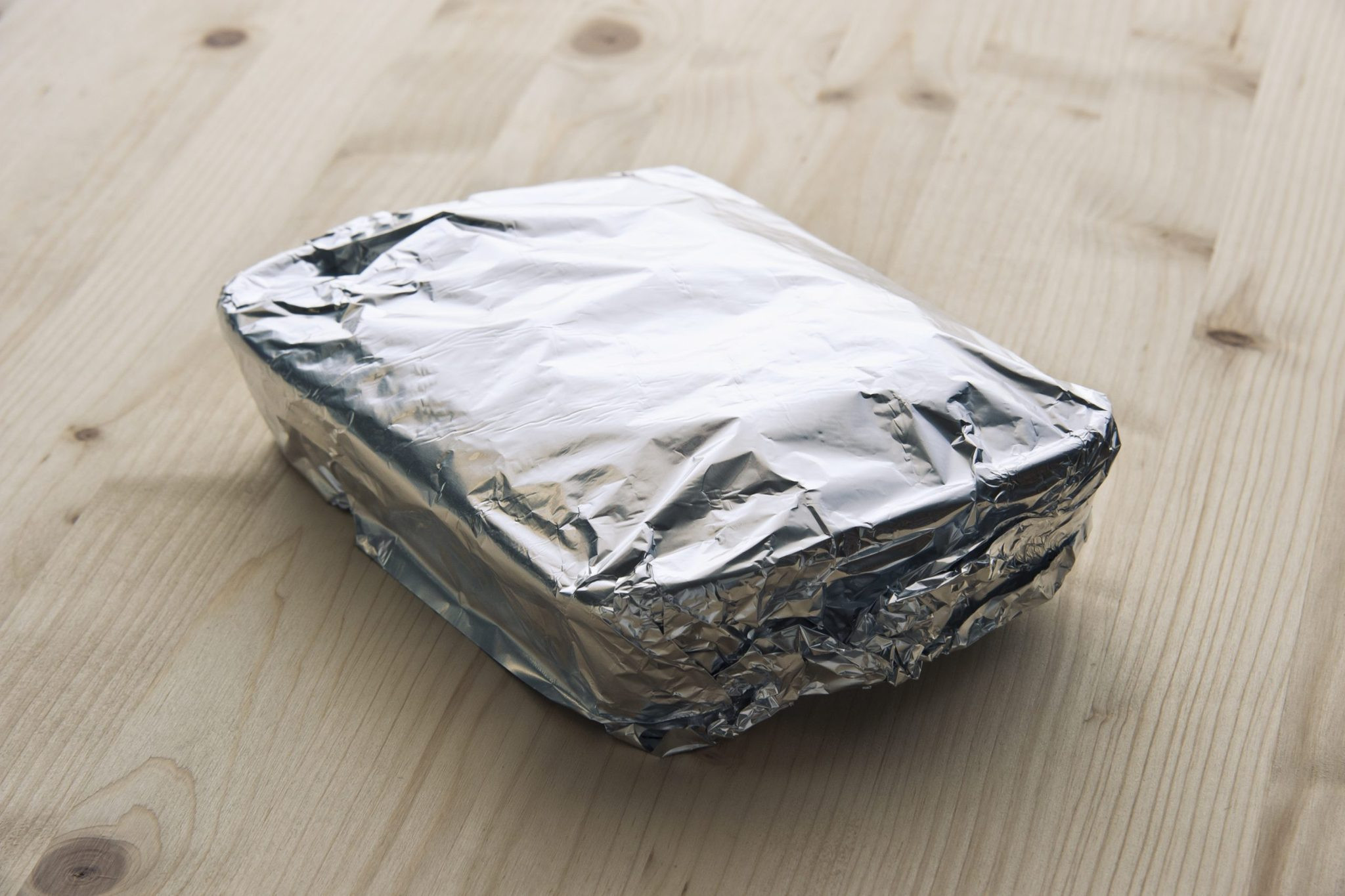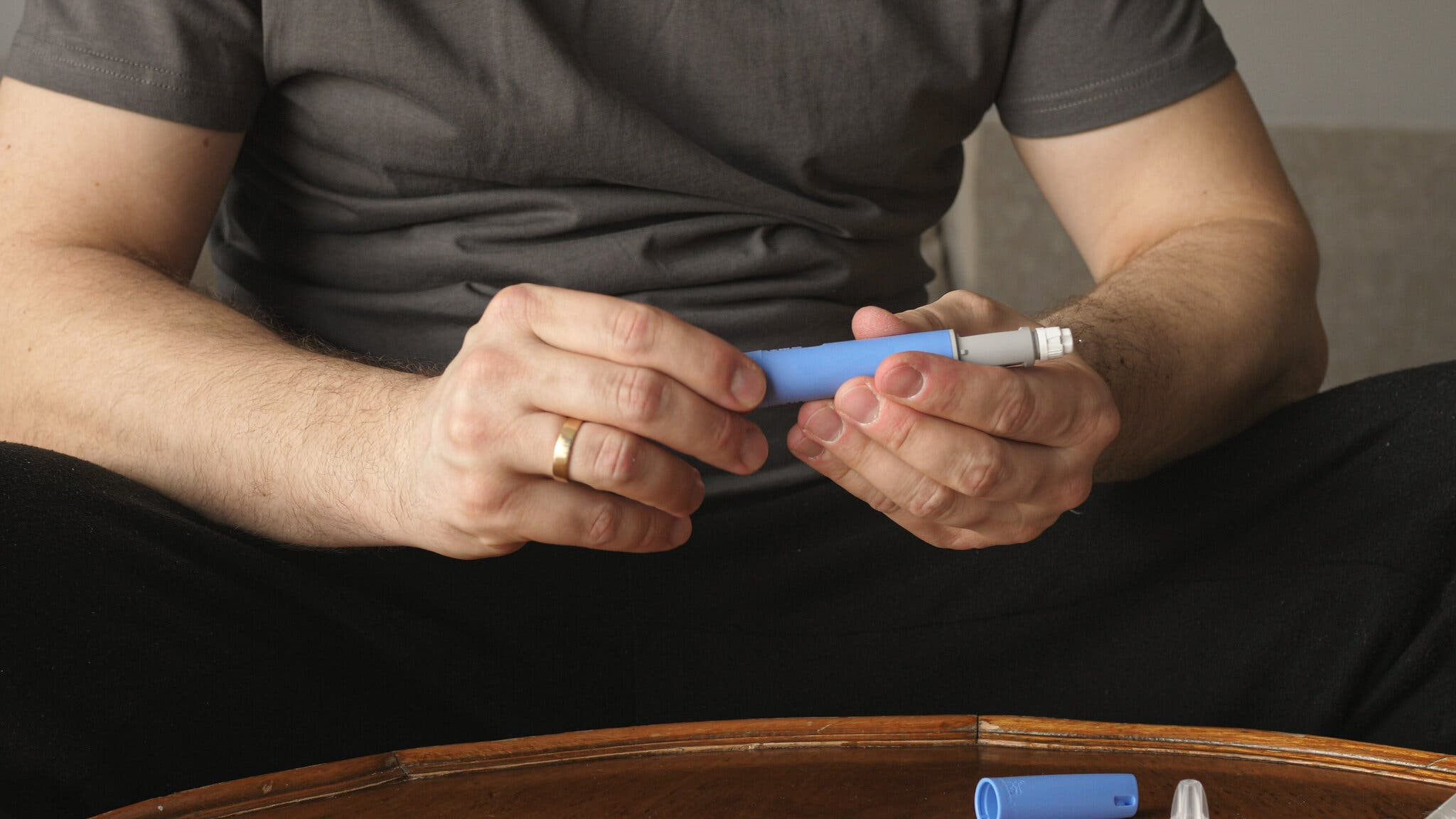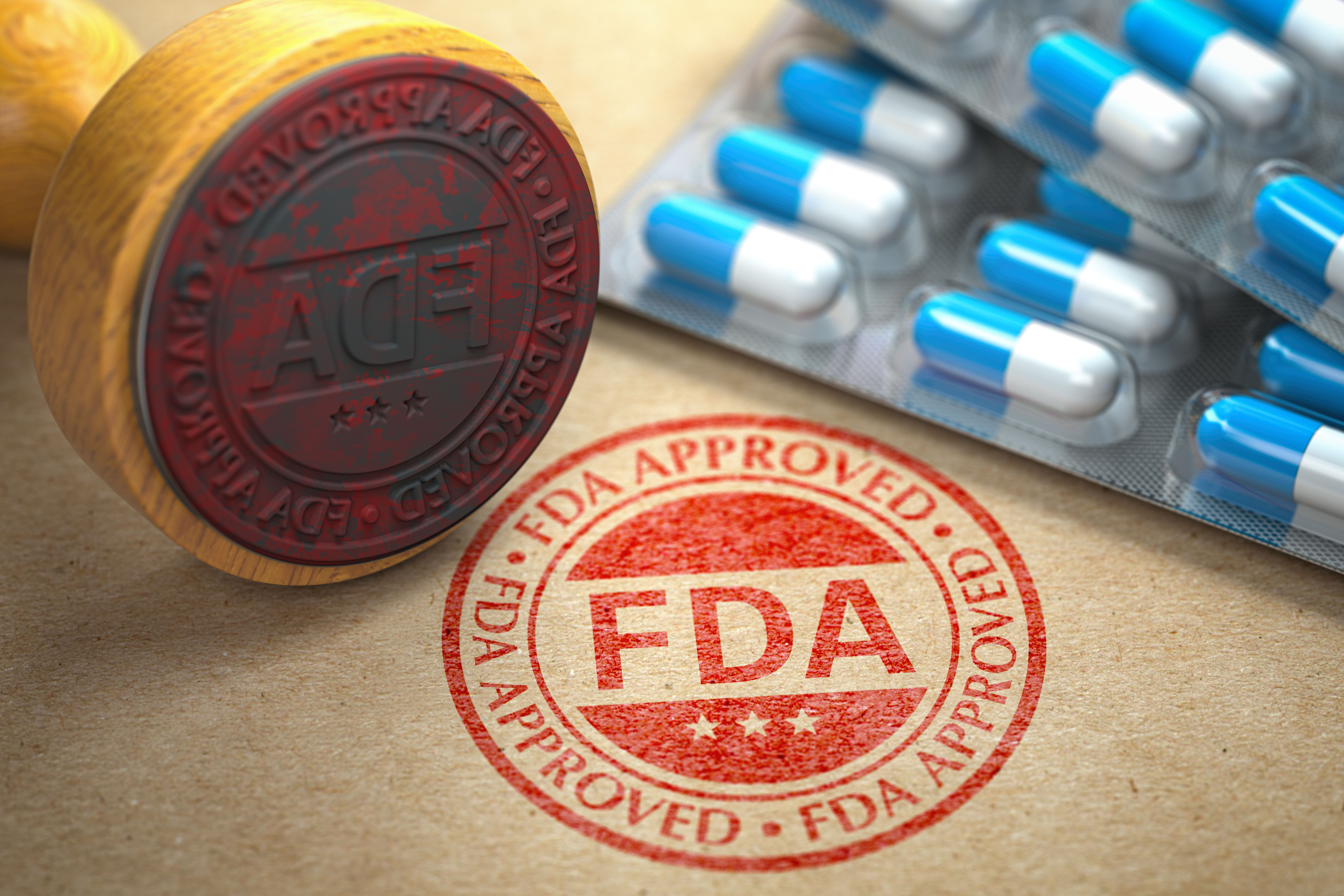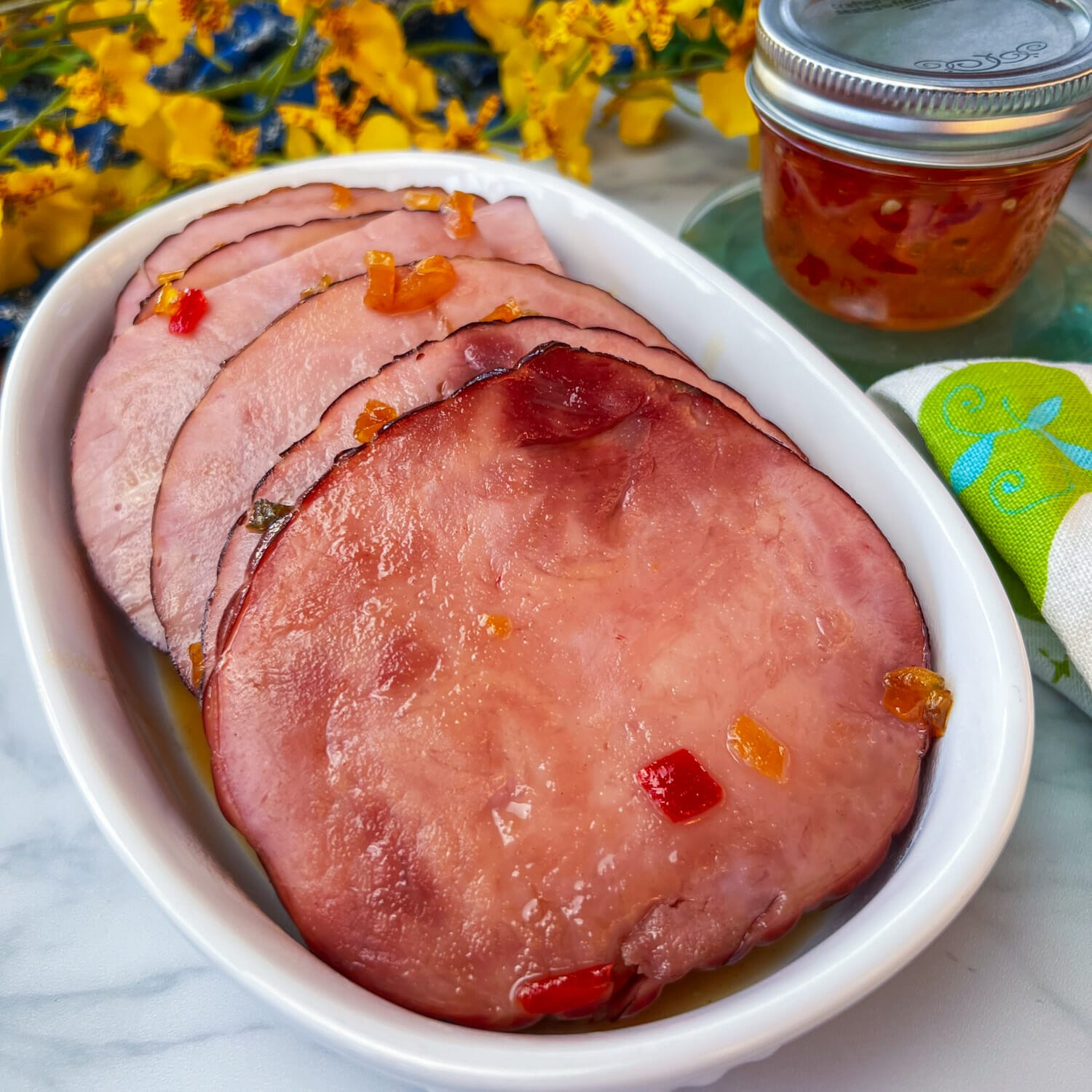Shocking Truth: Why You Should NEVER Wrap Leftovers in Aluminum Foil!
We've all been there, conveniently wrapping leftover dinner in aluminum foil and storing it in the fridge. It's a common practice, but is it safe? According to food scientists and health experts, the answer is a resounding no. The seemingly innocuous act of using aluminum foil to store leftovers can pose significant health risks, and it's time to reconsider this common kitchen practice.
The Dangers of Aluminum Foil for Food Storage
Unlike airtight containers, aluminum foil fails to create a completely sealed environment. This means that air, and subsequently, oxygen, can reach the food, creating an ideal breeding ground for harmful bacteria. Zachary Cartwright, Lead Food Scientist for AQUALAB by Addium, explains that aluminum foil, “cannot create a completely airtight seal because it’s not inherently adhesive and [it] doesn't conform perfectly to surfaces.” This compromise in sealing allows dangerous bacteria like staphylococcus (staph) and Bacillus cereus to thrive. The Centers for Disease Control (CDC) warns that these bacteria can multiply rapidly in the presence of air, significantly increasing the risk of food poisoning.
The CDC estimates that one in four people carries staph bacteria on their skin or in their nose. Even after cooking, improper food handling can contaminate food, leading to bacterial growth and toxin production causing food poisoning. Improper aluminum foil storage also increases the risk of other foodborne illnesses, including Clostridium botulinum and Listeria monocytogenes, which, though rare, can cause serious health complications. These bacteria can even lead to fatal consequences.
Chemical Reactions and Contamination
Beyond bacterial contamination, aluminum foil can react with acidic or salty foods. This reaction can cause aluminum to leach into the food, altering its taste and potentially increasing your aluminum intake. Long-term consumption of high levels of aluminum has been linked to various health concerns including neurotoxic developmental disorders and damage to vital organs such as the kidneys, liver, and bones. This reaction is particularly concerning with foods containing tomato sauce, pickles, or other acidic and salty ingredients.
Safer Alternatives and Proper Food Storage Techniques
If you must use aluminum foil for food storage, limit its use to a maximum of two days and avoid wrapping hot foods directly in it. Allow food to cool to room temperature or refrigerate quickly before wrapping to prevent bacterial growth in the “danger zone” of 40°F to 140°F. Consider double wrapping or using plastic wrap as a base layer to improve the seal. However, significantly safer and more effective options are available for long-term and short-term food storage.
Airtight containers prevent contamination, reduce moisture loss, and are suitable for both refrigeration and reheating. Cartwright recommends glass or BPA-free plastic containers as the best choice for storing leftovers. These materials don't react with food like aluminum, preserving the quality and safety of your leftovers.
Food Safety Best Practices
Remember to always label containers with the date and contents to help with tracking expiration and reducing food waste. For optimal food safety, store leftovers in the refrigerator at or below 40°F for up to four days. For longer storage, freeze leftovers promptly and consume them within two to three months for best quality. Keep leftovers away from raw foods and cover containers tightly. When reheating, ensure the food reaches an internal temperature of at least 165°F to eliminate any remaining bacteria. Finally, remember that off smells, unusual textures, or visible mold are signs of spoilage and should be promptly discarded. Food should be discarded if there are any doubts about its safety. Prioritizing food safety is essential in maintaining good health and preventing foodborne illnesses.
The Bottom Line: Ditch the Foil!
While aluminum foil may seem like a convenient option for storing leftovers, the risks it presents far outweigh its benefits. Choosing safer alternatives like airtight containers significantly reduces the risk of harmful bacterial growth and chemical reactions. This small change in your kitchen routine can have a big impact on your health and well-being. Prioritize safety; protect yourself from potentially harmful bacteria and chemical contamination; adopt better food handling and storage practices; prevent food waste and reduce the chances of falling ill; make your kitchen and eating habits much safer by avoiding aluminum foil for food storage.
Remember, these practices are designed to significantly minimize the potential health risks associated with the storage of food. These recommendations are based on expert advice and widely accepted food safety guidelines.

















